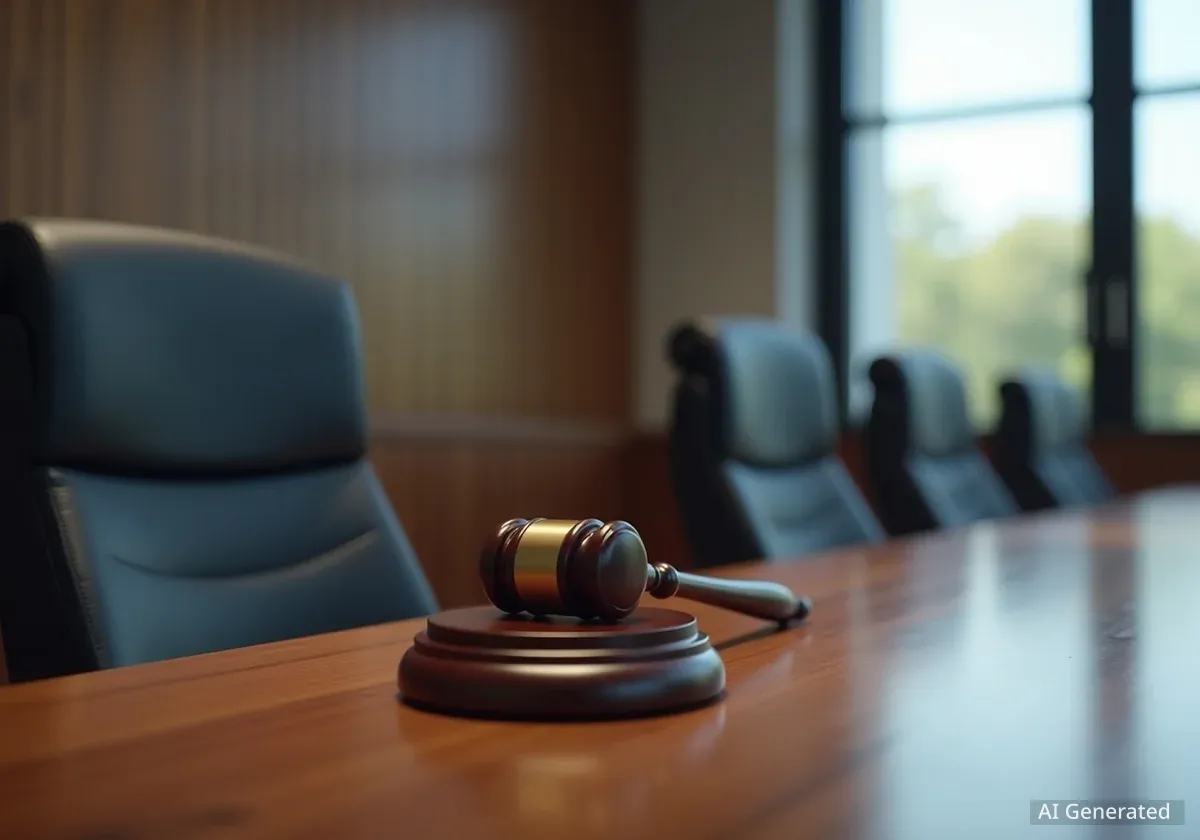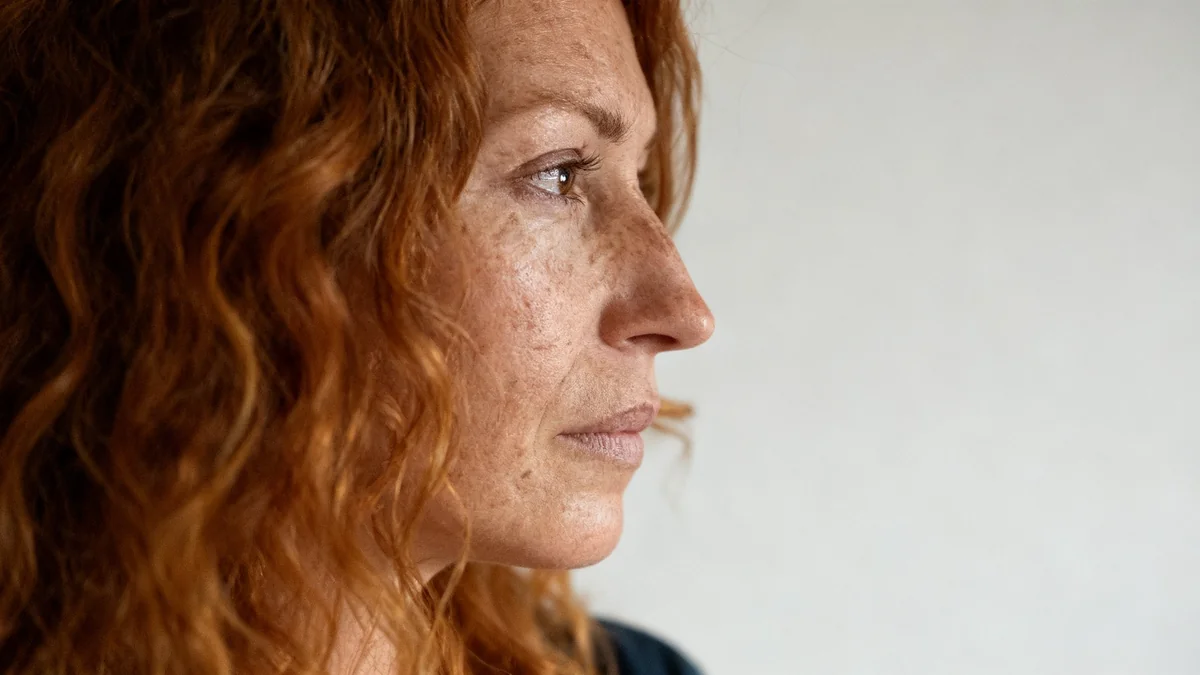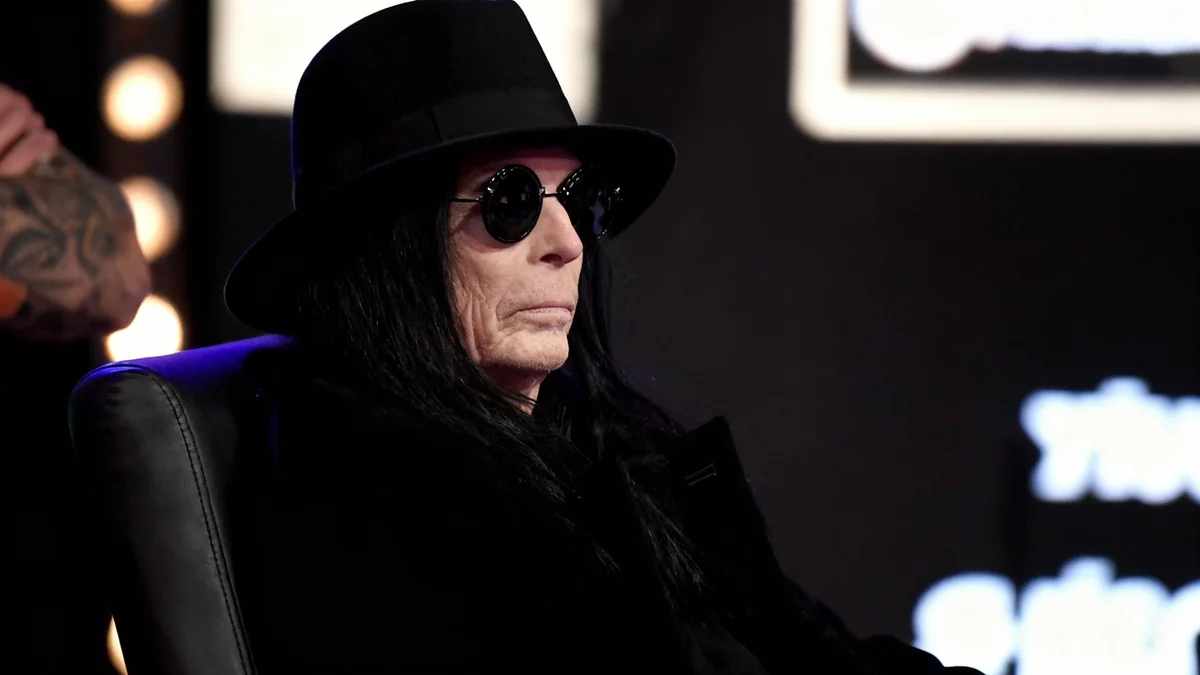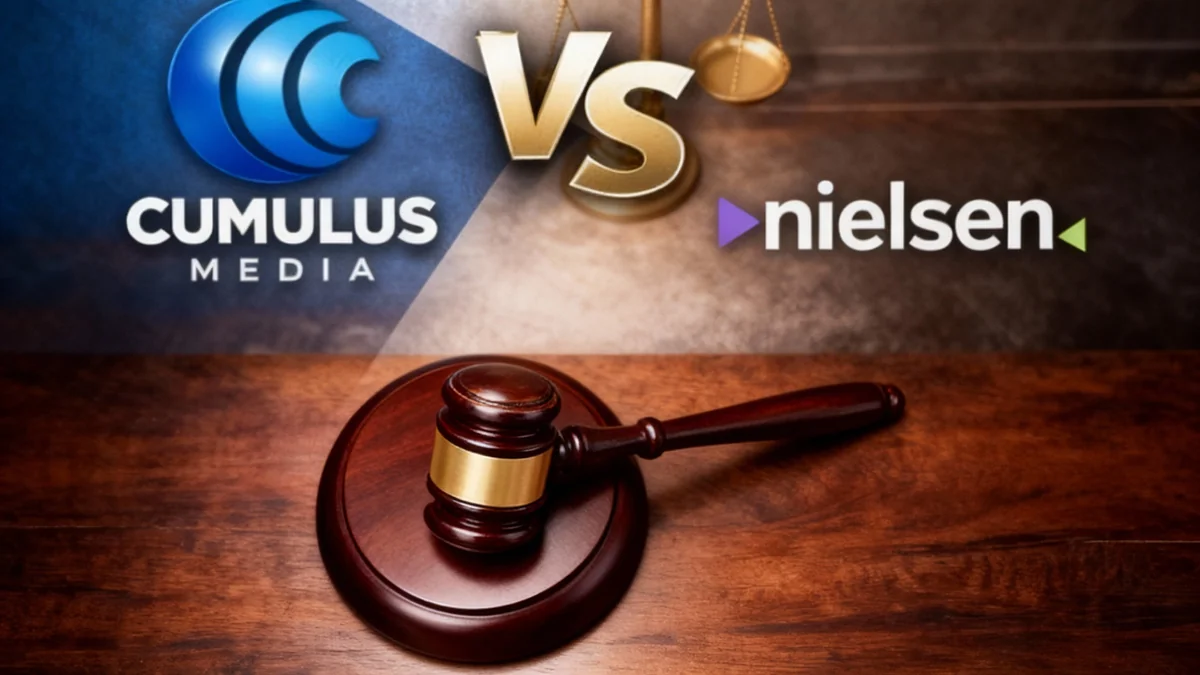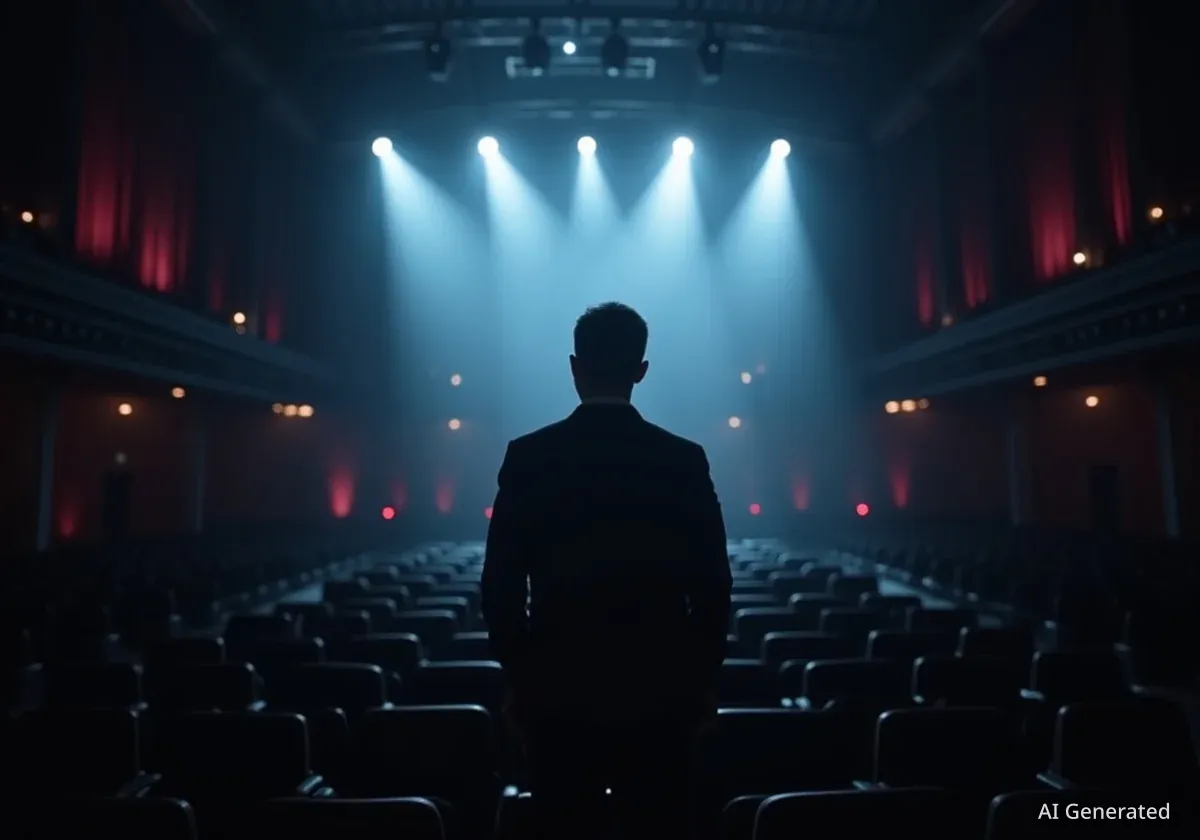A South Korean court has issued a ruling against a social media user who posted derogatory comments about the virtual K-Pop boy band Plave. This decision marks a notable legal development for virtual entertainers, affirming that online attacks on their digital representations can be considered defamation against the real individuals behind them. The court ordered the individual to pay damages to the group.
Key Takeaways
- South Korean court ruled against a social media user for defaming virtual K-Pop group Plave.
- The ruling confirms that virtual avatars represent real people, making online attacks actionable.
- Plave was awarded 500,000 South Korean won in total damages.
- The band's agency plans to appeal the damages, citing the precedent-setting nature of the case.
- This case highlights the growing legal challenges surrounding virtual entertainment and online conduct.
Virtual K-Pop Group Plave Wins Defamation Case
The virtual K-Pop boy band Plave achieved a legal victory in a South Korean court. The group successfully sued a social media user who posted insulting comments about its members online. This case focused on the nature of defamation when the subject is a virtual entity.
Plave consists of five members who appear only as animated characters. Despite their virtual nature, the court found that attacks against these avatars extended to the real people who provide their voices and performances.
Plave's Digital Reach
- Over 1 million subscribers on YouTube.
- Sold more than 500,000 units of their latest album in its first week.
- Performs concerts for tens of thousands of fans.
Details of the Online Comments
According to reports, the unidentified social media user made several offensive posts about Plave in July 2024. These comments included suggestions that the individuals behind the virtual band members "could be ugly in real life" and that they gave off a "typical Korean man vibe." Some posts also contained profanity.
The defense argued that the comments were directed solely at the animated avatars, not at the actual people behind them. However, the court rejected this argument. It stated that the avatars serve as representations of real individuals, meaning the insults targeted the people themselves.
"The court declared that the avatars represent someone real, so the attacks extend beyond the virtual fronts to the people behind them."
Court Awards Damages to Virtual Group
The court awarded Plave a total of 500,000 South Korean won in damages. This amount breaks down to 100,000 won per band member. In U.S. dollars, this is approximately just over $70 per member, or around $350 total for the group.
This sum is significantly lower than what the band initially sought. Plave had requested 6.5 million won for each performer. This would have amounted to about $4,650 per member, totaling approximately $23,250 for the entire group. The band claimed the online comments caused them emotional distress.
Defamation in South Korean K-Pop
It is common for South Korean music labels to take legal action against individuals who post derogatory comments about their artists online. Several labels actively pursue charges against internet trolls to protect their performers' reputations and well-being. This reflects a broader industry effort to combat online harassment.
Agency Plans Appeal for Higher Damages
Vlast, Plave's record label, intends to appeal the court's decision regarding the damages. The agency argues that the awarded amount is too low, especially given the precedent-setting nature of this case. This ruling is believed to be the first instance of a defamation victory against virtual pop stars.
The appeal aims to secure higher compensation, emphasizing the importance of adequately valuing damages in cases involving virtual artists. The outcome of the appeal could set a new standard for how virtual entertainers are protected under defamation laws.
The Rise of Virtual Idols and Online Pressure
The emergence of virtual bands like Plave is, in part, a response to the intense scrutiny and pressure that traditional K-Pop stars face. Virtual idols can offer a degree of separation between the performers and the public, potentially mitigating some of the direct personal attacks common in the industry.
However, this case demonstrates that even virtual artists are not immune to online harassment. The legal system is now adapting to address these new forms of entertainment and the challenges they present in the digital age.
Legal Precedent for Virtual Entities
This ruling sets a significant precedent in South Korea. It clarifies that virtual characters, when embodying real people, are protected under defamation laws. This could influence future cases involving other virtual performers, influencers, or digital personalities.
The decision underscores the legal system's recognition of the emotional and professional impact that online defamation can have, regardless of whether the target is a physical or virtual entity. It sends a clear message that online conduct, even towards virtual figures, has real-world consequences.
- Impact on online behavior: The ruling may encourage greater caution among social media users when commenting on virtual artists.
- Protection for artists: It provides a new layer of legal protection for individuals working as virtual performers.
- Future of virtual entertainment: This case could shape how virtual entertainment companies manage and protect their talent.
The ongoing appeal by Vlast will further define the legal landscape for virtual entertainers. The outcome will be closely watched by the entertainment industry and legal experts worldwide.
